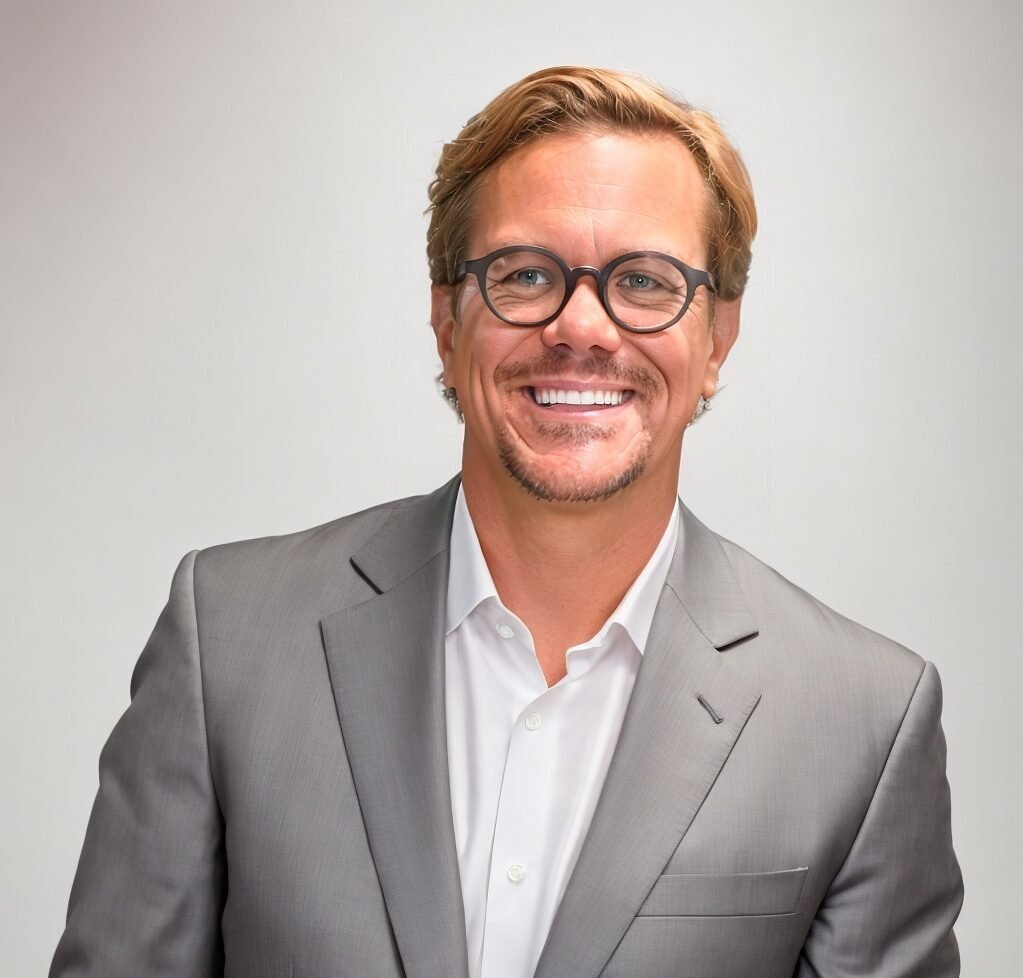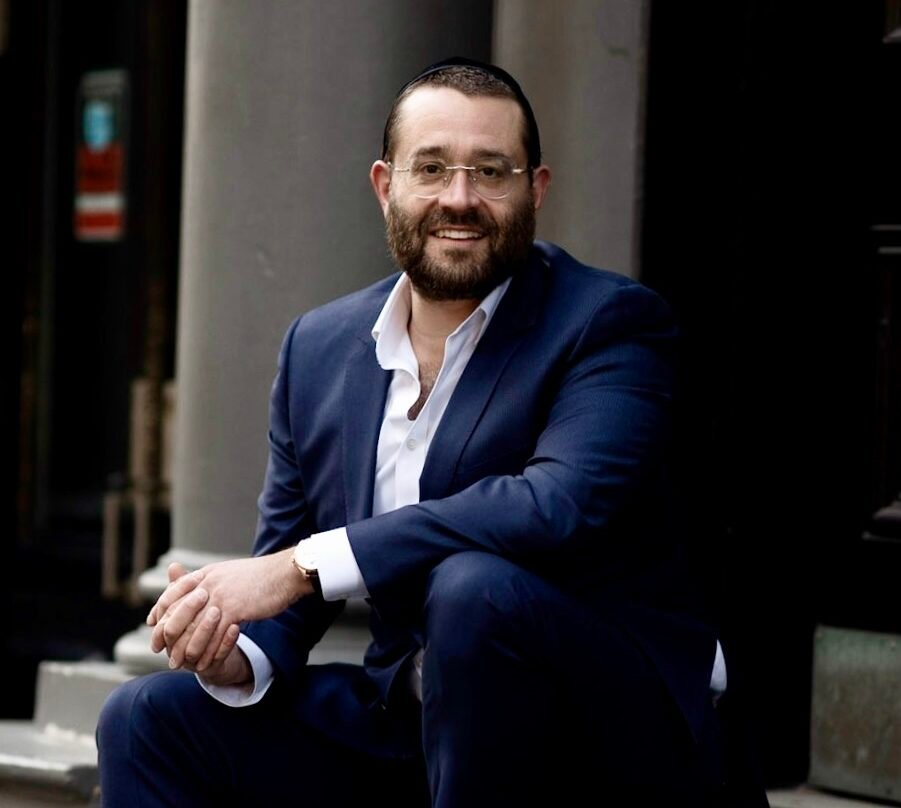Several years ago, I interviewed David Friend, co-founder and CEO of Wasabi Technologies, in an interview originally published in Thrive Global. Here is an excerpt from our conversation:
Adam: What is something about you that would surprise people?
David: Well, I’m full of surprises! I don’t own a TV and I put more miles on my bike last year than I did on my car. I’m also up for any challenge and learning new languages. Somebody told me that I was too old to learn a foreign language, but they were wrong. It’s been hard work, but I can now speak Spanish. I also keep starting companies when most people my age are hitting the golf course and full into retirement. Wasabi is my seventh company, even though I have zero need for more money. I have a huge collection of gems and minerals and there is a David Friend Hall of Minerals at Yale Museum of Natural History, where you can see a lot of them. There’s also a David Friend Recital Hall at Berklee College of Music. Music means a lot to us so we have opened our home to host foreign music students for over 30 years.
Adam: How did you get here? What experiences, failures, setbacks, or challenges have been most instrumental to your growth?
David: I like creating something from nothing. When I was a college student, I studied music composition. I never would have survived if I made that my career, but to me, starting companies is like composing music. You first start with a blank sheet of paper. Every startup has its ups and downs. My very first startup was a synthesizer company called ARP. It had The Who, Led Zeppelin, George Harrison, Stevie Wonder, and dozens of other famous rock stars as endorsees. But, the one that belonged to Steely Dan died during a recording session, so they called me up in the middle of the night, told me my product was sh*t, and let me listen while they smashed it to bits. In any startup, there are good days and bad days.
Adam: How have you evolved as an entrepreneur?
David: Where others see obstacles and impossibilities, entrepreneurs see opportunities. When I started Carbonite, I must have made 30 VC presentations before getting a yes, despite a good track record as an entrepreneur. You have to learn to live with rejection. We were competing with Iron Mountain, HP, and EMC and investors thought we were delusional. The early investors who said yes, made roughly 40x on their money.
Being an entrepreneurial CEO is like being an orchestra conductor. You don’t need to be a great violinist or horn player. You hire them and you provide a stage where they can be great. The whole orchestra has to believe in you and want to follow your direction.
Adam: What do you look for when deciding whether to pursue an entrepreneurial opportunity?
David: When I was just starting out, investors would make small bets on my startups because I didn’t yet have an established track record of success. Decades later, I have proven that I can take large investments and create a good return, so now I am able to go after much bigger fish. At Wasabi, we’re competing directly with Amazon, Google, and Microsoft yet we were able to raise enough money to be successful. A first-time entrepreneur would probably have a hard time raising enough cash to take on the big guys. I look for opportunities where I can leverage my reputation, which I see as my competitive advantage.
Adam: What do you look for when deciding whether to invest in a startup?
David: I like things that are easy to understand and where the founders are simplifiers, rather than complicators. It always amazes me how companies are funded when the CEO can’t explain in simple language what they do and why anyone should care. The CEO has to be the company’s top salesman, and if he or she can’t explain things in simple English, how are they ever going to sell anything? Surprisingly, I’m more interested in sales than I am in technology, per se.
Adam: What are the key characteristics of an effective leader? How can leaders and aspiring leaders take their leadership skills to the next level?
David: I see leadership as an upside-down pyramid. Instead of the CEO being at the top, I see the CEO at the bottom. The real work gets done by the individual contributors – programmers, salespeople, tech support, SE’s, marketing folks, etc. The leader’s job is to create an environment in which they can thrive and achieve great things together. That starts with creating a great work environment, free from “bad apples”, and based on merit, teamwork, mutual admiration, and humility.
Adam: What are your three best tips applicable to entrepreneurs, executives, and civic leaders?
David: Unless your gig is a solo act, you need to marshal the efforts of others to get things done. Always be thinking about why anyone would want to help you. Yes, you can pay them a lot of money, but that’s usually a poor motivator in the end. Here are my three tips: Stay humble. Nobody wants to work for a conceited jerk. Plus, today’s genius could be tomorrow’s goat. Listen, listen, then act. Decisions have to get made. If you dither around, people will lose confidence in you. You don’t need to study everything to death. Embrace selling. A successful entrepreneur is always selling. You have to sell well-employed people to quit and join you. You have to sell investors on your ability to make money. You have to sell customers on the value of your product. You never stop selling, it’s the most important skill you’ll ever learn.
Adam: What is your best advice on building, leading, and managing teams?
David: When building a team, it is important to be skeptical of charisma and be on the lookout for “empty suits,” which means people who were simply at the right place at the right time to participate in and claim responsibility for success. People who have been repeatedly promoted must be doing something right, so consider them carefully even if they are lacking in charisma. Watch out for braggarts as they will poison the work environment by taking credit from others. Some people don’t like to toot their own horns; if they have a track record of success and promotion, hire them. They’ll make everyone else feel special. Don’t hire people just because you like them.
As for management, you have to be genuinely interested in everything your reports do. I see each day as an opportunity to learn from some of the world’s best engineers, salespeople, marketers, and financial experts. By understanding the challenges they face, you can create a strategy that capitalizes on their collective skills, yet stretches everyone to think beyond their comfort levels.
Adam: What are your best tips on how to scale a business?
David: First, hire people who have done it before. Wasabi will grow 6x in revenue this year. There’s no time for on-the-job training in that kind of environment. I believe in gray hair.
Second, focus on return on capital. Think about your business as a machine with a hopper at the top, a crank, and a bucket below. You should be able to put a dollar in the hopper, turn the crank, and have three or four dollars come out the bottom. When the machine is working, you can scale faster because even if the company is losing money, investors will give you all the dollars you can possibly stuff in the hopper.
Third, be prepared to step aside at some point if your skills and interests are not aligned with running a big organization. Investors will size up your abilities and predispositions, and they will be nervous if you appear to be the kind of person who will hold onto power and office no matter what. I stepped aside at Carbonite shortly after we went public. The organization needed a different kind of manager. The organization always comes first.
Adam: What is the single best piece of advice you have ever received?
David: Always do what’s fair and decent. Everyone is watching.









